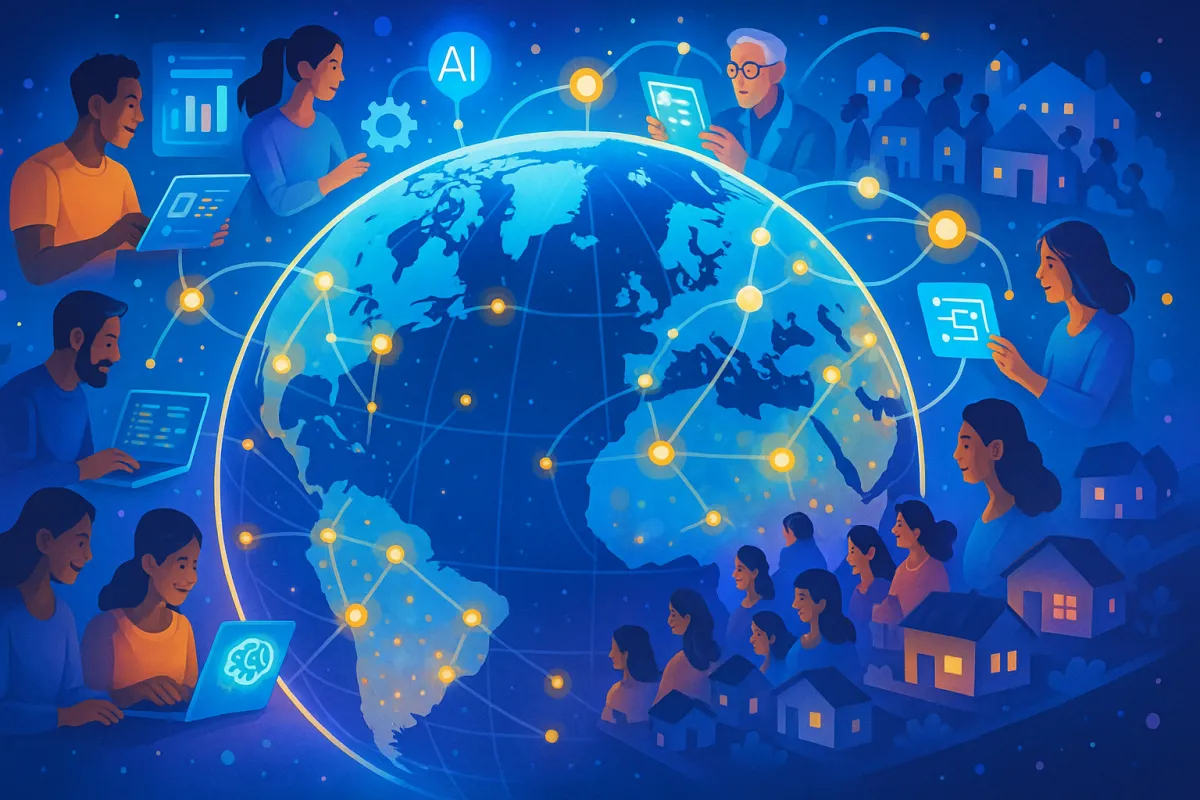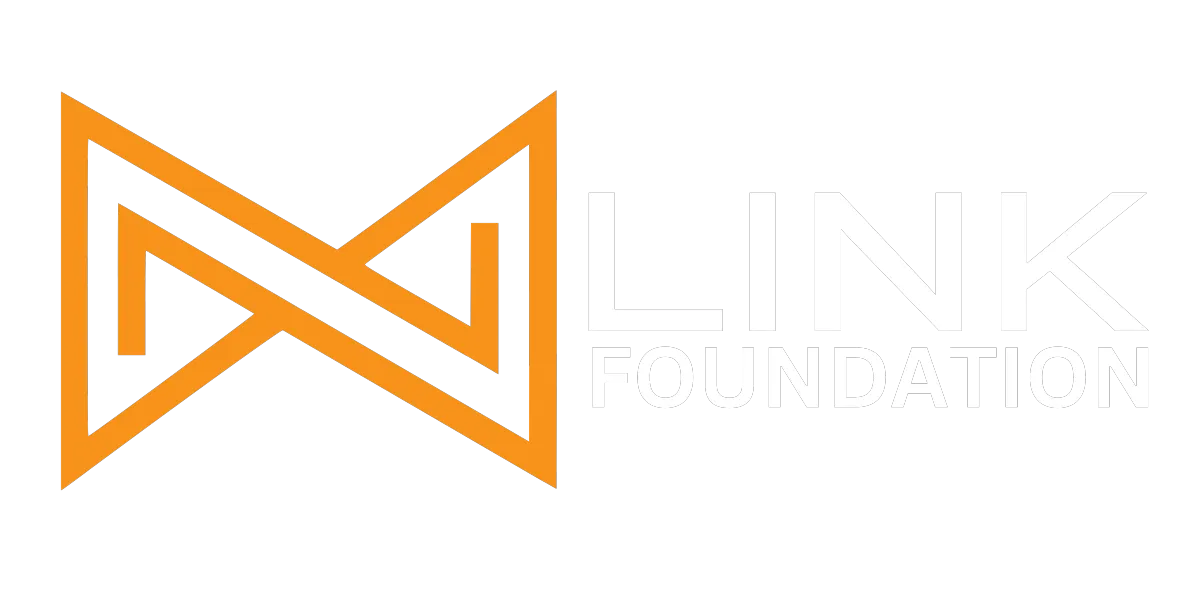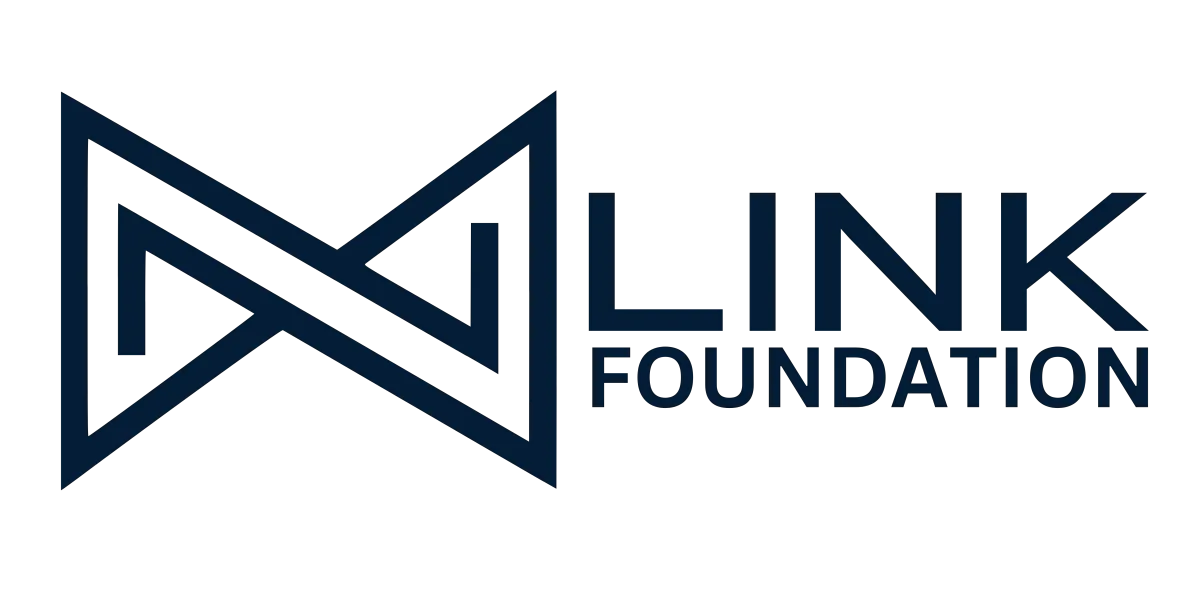
Why Access to AI Tools Is the New Civil Right?
🎧 Listen to this article:
English
Spanish
⏱️ Estimated reading time: 5 - 7 minutes
Today, access to AI tools is rising as the next frontier in digital equality. When AI shapes who can create, innovate, or solve community problems, exclusion from AI becomes not just a technical gap—but a civil rights issue.
If only a few people control the most powerful tools of expression, design, prediction, or creativity, then society risks cementing inequality at the algorithmic level.
The New Dividing Line
What's always determined who gets ahead? Access to the right tools at the right time. Could you read? You had power. Could you access electricity? You had possibility. Could you get online? You had opportunity.
Now comes AI. And this revolution is different—it's not just changing how we access opportunity, it's changing who gets to define what opportunity even means. The people learning to use it right now aren't just getting ahead. They're writing the rules for everyone else. And if you're not at that table? You're becoming a background character in someone else's story.
Fair access to AI isn't a nice-to-have. It's not even just economic. It's a civil rights issue—because AI becomes the gatekeeper to who gets to build, not just who gets to consume.

From Internet Access to AI Access
When the internet revolution began, access meant empowerment—jobs, education, and communication. Now with AI, creation itself is being leveled.
Tools like generative text, images, code assistants, or forecasting models can multiply human potential. But if marginalized communities lack access—or lack training—then they are shut out of shaping narratives, designing solutions for their communities, or even have a contributing voice.
What Happens When Communities Are Left Behind?
Let's be clear about what's at stake.
Without access, digital inequality becomes economic inequality. People in underserved communities lose access to competitive jobs, financial literacy tools, and even basic digital participation. The result? A widening gap between those shaping the future and those being shaped by it.
But here's where it gets more insidious: AI doesn't just create a gap—it creates a multiplier effect.
Think about what happens when individuals and small businesses can't access AI tools. Marketing automation, analytics, design generation, financial forecasting—all of these become exclusive to those with the privilege of access and training. The people who already had advantages? They now have superpowers. Meanwhile, everyone else falls further behind.
This isn't a level playing field that tilted slightly. It's a fundamental shift in who gets to compete at all.

AI Literacy: From Consumers to Creators
True inclusion means not just access, but understanding. AI literacy not only means knowing how to talk to a chatbot, but also means to know what biases might exist, and when to trust an answer or question it. Community-led workshops, peer-to-peer mentoring, and projects rooted in local contexts help transform people from users into creators.
At Link, we champion this mission by creating opportunities for communities and small business to access AI tools, learn how to use them meaningfully, and build their confidence as digital creators. Our goal is to make these transformative technologies more available to everyone, ensuring no one is left behind in the AI era.
AI as Public Infrastructure
Emad Mostaque, former CEO of Stability AI, has been one of the strongest voices for democratizing AI. His belief is simple, yet profound: generative AI is infrastructure for humanity. Not a product. Not a service. Infrastructure.
Think about it like this—we don't debate whether everyone deserves access to electricity or roads. They're public goods. Mostaque argues AI should be the same.

His vision breaks down like this:
AI as shared infrastructure: Not locked behind corporate paywalls, but open and accessible to everyone.
True universal access: From education to healthcare, to pure creative expression—everyone benefits, not just those who can afford premium subscriptions.
Distributed intelligence: Instead of a few mega-companies controlling all the AI, imagine every person, organization, and country having their own—built on open foundations they can customize and control.
Urgency matters: AI is being adopted faster than any technology in human history. If we don't democratize access now, the inequality can become permanent.
The innovation argument: Open access isn't just morally right—it's practically smart. Progress explodes when more minds can contribute.
New Business Model: Mostaque argues that today's internet is built to monetize your attention and harvest your data. He's proposing something radically different—an AI ecosystem designed to amplify human potential, not extract value from it.

Ethics, Fairness & Democratization
Avoiding Digital Elitism
If AI access remains limited to those with wealth or technical knowledge, we risk creating a new digital aristocracy—where algorithms amplify privilege. To avoid this, AI must serve as a tool for democratic empowerment, not exclusion.
Open Access, Transparency & Shared Ownership
Building an inclusive AI future means embedding key principles into its foundation:
Open-source models and datasets
Community-led governance
Local representation in design
Shared or cooperative ownership models
Conclusion — A Civil Right to Create
Access to AI tools is no longer optional. Just as public schooling or public libraries gave more people the tools to read, write, and think for themselves, AI must become part of our shared infrastructure.
In this moment, two paths are possible:
One where AI is concentrated in the hands of a few, deepening inequality;
Another where AI is a public good, enabling everyone to create, to dream, to solve local problems with global tools.
By elevating access—grounded in justice, diversity, and responsibility—we ensure the future doesn’t choose for us, but invites us all to build together.
This raises a bigger question: If AI is reshaping opportunity, what's it doing to our sense of self? We explore that in "Human Identity vs. Machines: Redefining the 'Self' in a World with Non-Human Intelligences."
Co-Create the Future with Us
Do you want to go further, learn how to use AI tools, and stay at the forefront of technology? Join the Link Foundation community. Subscribe to our Newsletter to receive educational resources, stay updated on upcoming events, and keep exploring these fascinating topics on our blog.
Your participation is key!
If our work resonates with you and you’ve found it valuable, we invite you to donate.
References
Foundations of Humane Technology. (n.d.). Tristan Harris. Center for Humane Technology. Retrieved from https://www.humanetech.com
Mostaque, E. (2025). Intelligent Internet Whitepaper. Retrieved from https://ii.inc/web/whitepaper
McKinsey & Company. (2024). AI for social good: Improving lives and protecting the planet. Retrieved from https://www.mckinsey.com/capabilities/quantumblack/our-insights/ai-for-social-good
Hsu, Y.-C., Huang, T.-H. “Kenneth”, Verma, H., Mauri, A., Nourbakhsh, I., & Bozzon, A. (2022). Empowering local communities using artificial intelligence. Patterns, 3(3), Article 100449. https://doi.org/10.1016/j.patter.2022.100449; https://pmc.ncbi.nlm.nih.gov/articles/PMC9058901/





